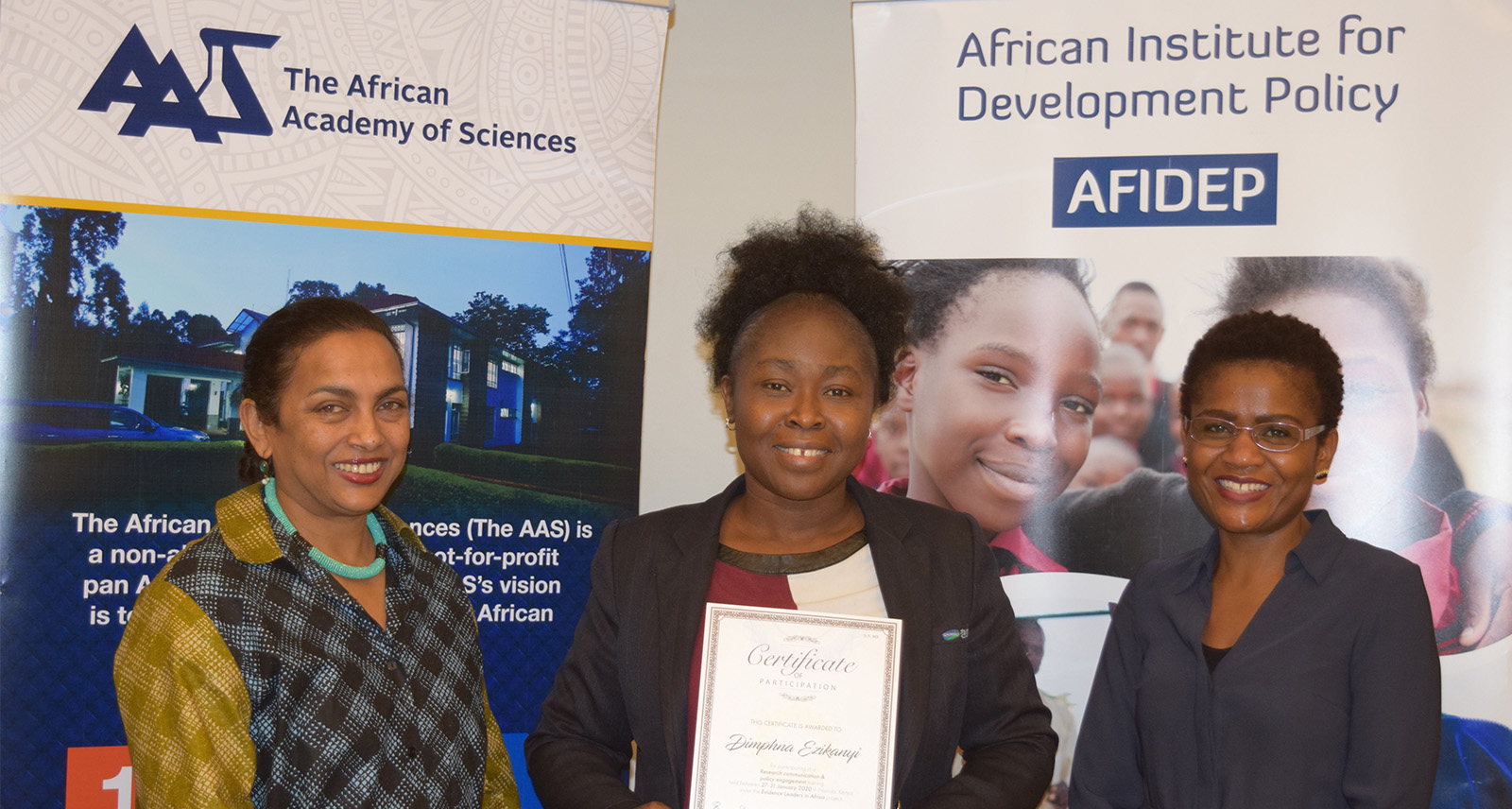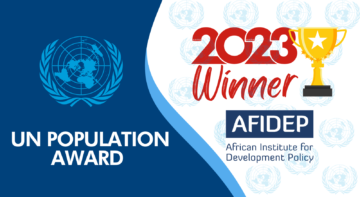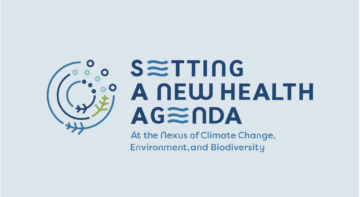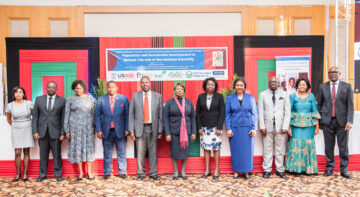Blogs

Many researchers in Africa and elsewhere want their research to contribute to solving societal challenges and improving people’s lives. However, it is widely acknowledged that a lot of research does not get to play this role for many reasons (link). Some of these reasons are linked to the fact that researchers conventionally lack the skills needed to translate and package their research in ways that are accessible for the users of the research, as well as the knowledge and skills to effectively engage political contexts through influential relationships and strategies.
Encouraging though is that many researchers in Africa are interested in acquiring the skills they need to effectively contribute to the translation and uptake of their research into policy, programme and practice decisions. We (the African Institute for Development Policy (AFIDEP)) took advantage of this interest to partner with the African Academy of Sciences (AAS) to design and implement a training and mentorship programme for early and mid-career researchers affiliated to the AAS (the AAS Fellows, Affiliates, and Grantees).
Training and mentorship intervention for researchers in Africa universities
We conducted training and mentorship on research communication and policy engagement for 23 early and mid-career researchers drawn from 20 universities across sub-Saharan Africa, representing nine different countries. The training comprised a 5-day intense residential training workshop, followed by a 6-months mentorship programme to support researchers to apply the knowledge and skills acquired from the workshop.
The mentorship, done remotely, involved providing individualised support to researchers for the review and completion of the policy briefs they started developing during the training workshop. It also involved five monthly webinars on topics of interest that researchers identified at the end of the workshop.
We conducted a pre- and post-training test to assess the immediate effect of the workshop on researchers’ knowledge and skills. This tool included both questions that assessed researchers’ knowledge on topics covered by the workshop, as well as questions where researchers rated their own knowledge and skills before and after the training.
We included these two types of questions to address weaknesses identified in the literature where similar past training interventions had either failed to assess the effect of the training altogether, or only assessed the effect of the training using questions where researchers assess and rate their own skills pre and post training (link). Assessment of the mentorship programme was based on the number of researchers who completed policy briefs, as well as those involved in the five webinars.
What did our intervention achieve?
Based on the results of the pre- and post-training test, the overall aggregate average point change in the self-reported learning between the pre-training and the post-training survey was 1.9. This demonstrated the effectiveness of the training workshop. This was confirmed by a 33.7% increase in the aggregate average percentage of participants that responded correctly to questions assessing topics covered in the training between the pre-training and the post-training survey.
The training covered two broad components, namely: theory in research translation and uptake and how this theory needs to inform the strategies that researchers employ; and developing practical skills in research communications and relationship building. Results showed that researchers recorded more learning in practical skills in translating their research into accessible language and products (preparing and delivering effective policy presentations, writing for policy influence, writing policy briefs), than knowledge in the theory and how to apply it in their engagement strategies.
There could be many reasons to explain this including: that time allocated may not have been adequate for researchers to grasp complex theoretical concepts; the methods used for the sessions on theory were inappropriate; or that the researchers were more interested in acquiring practical skills than theoretical understanding.
What is important to note though is that effective research communication and engagement efforts need both a good understanding of the theory and the practice. And so future research communication and policy engagement training programmes need to find ways of ensuring meaningful learning for the two components.
In regard to the mentorship programme, 19 of the 23 researchers prepared and submitted complete drafts of their policy briefs within two months after the training. However, only four researchers revised and submitted final policy briefs at the end of the 6-month mentorship period.
For the five webinars that we conducted on topics the researchers identified at end of the workshop, these attracted varied participation. The webinars conducted in the first three months following the workshop were attended by more than half of the trained researchers, whereas those conducted after three months following the training attracted less than half the total number of researchers. Again, there could be many reasons to explain the outcome on the policy briefs and webinars. It appears that while there was a lot of involvement and commitment of the researchers in the first three months following the training workshop, this interest waned with time.
What do our results mean for future efforts?
The results of our initiative show that, if well-designed, training and mentorship are effective interventions for strengthening researchers’ capacity in research communication and policy engagement. For this intervention to have a meaningful and lasting impact on development efforts in Africa, the training and mentorship would need to be integrated in existing graduate training programmes so that researchers leave universities with these research communication skills instead of having to acquire these skills when already practicing. Indeed, universities should expand the meaning of building research excellence to go beyond the research generation capacities to also include research translation and uptake capacities.
We acknowledge the funding support from the Hewlett Foundation that enabled the implementation of the Evidence Leaders in Africa initiative, which this training and mentorship programme was part of.
———————————–
Rose Oronje, Ph.D., is Director, Public Policy and Communication at the African Institute for Development Policy (AFIDEP).
Related Posts





